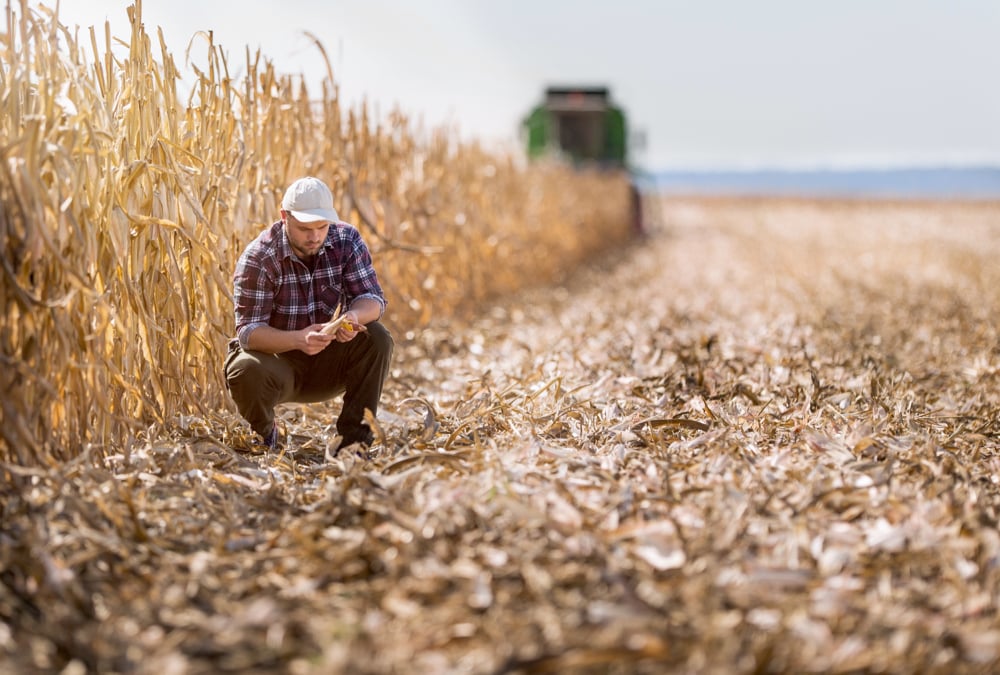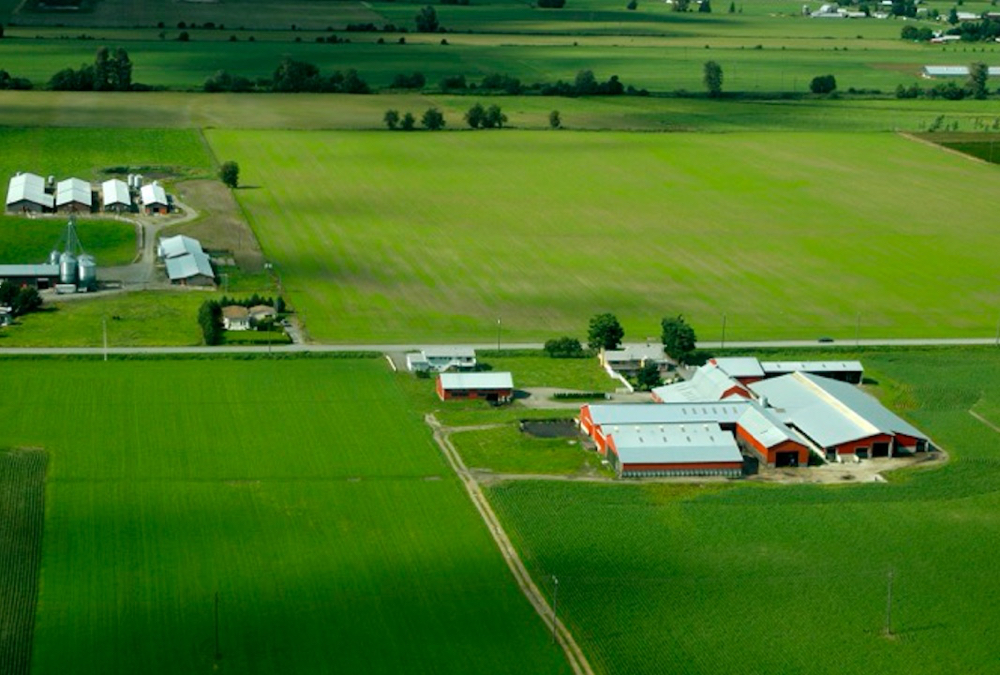Editorial: Shrouded in secrecy | Farmtario

When it first came to light that a company working on behalf of the Region of Waterloo had approached farmers and residents in a particular area of Wilmot Township to buy their land, the big question on everyone’s mind was what the land would be used for.
Read Also


Wilmot Township not a willing host for industrial site
The Fight for Farmland landowners group continues to ask why the Region of Waterloo won’t disclose details about proposed expropriation…
My first thought was an EV car manufacturing plant or battery plant. Premier Doug Ford has asked Ontario municipalities to assemble land for future industrial sites, and seems almost giddy when he speaks about building new manufacturing plants, particularly those related to EVs.
A drive to a town hall meeting hosted by affected landowners last month took me around the Toyota plant in Woodstock. The plant is an easy half-hour drive to New Hamburg, which borders the land in question.
Does Toyota want to expand or build a battery plant? That is one rumour. It could make sense, but Toyota hasn’t joined its counterparts in the EV race. Its rival, Honda, recently announced plans to expand into EV manufacturing in Ontario, so Toyota may change its mind. But there is plenty of industrial-zoned land surrounding Toyota’s Woodstock plant, so it wouldn’t make sense to build a subsidiary plant in Wilmot.
Rumours aside, it’s troubling that no one knows the plan for the land — about 770 acres — nor can they find out. There is a complete lack of transparency from all levels of government, according to Alfred Lowrick, a spokesperson for the Wilmot landowners. He said municipal and regional councillors, as well as provincial reps, cite non-disclosure agreements and the Municipal Act as reasons for remaining tight-lipped.
No media representative, including me, has been able to get a clear response either.
The purpose of the town hall organized by Fight for Farmland was to provide what information the group has and encourage attendees to understand the ramifications should the proposed expropriation take place. Those include potential effects on drinking water, wastewater treatment, taxes and the number of vehicles and people who could be travelling in and out of the region each day.
The township group said is it not a willing host, a reference to a comment made by the premier in April when he visited Waterloo Region. At the time, he said “a lot of the smaller towns, like for instance Wilmot, they need money. So what better way than clear some land and create some development? I’m all for it, by the way, but there has to be a willing host.”
If this land will be used for a project(s) that will benefit the province’s economic growth targets, the premier’s statement is moot. He’s proven that he’ll remove conservation authority powers and protected lands, such as those in Bill 162 and in the Greenbelt, to meet his housing development goals.
The premier did backtrack on his proposal to open some Greenbelt lands after intense pressure and backlash from the public. A scathing report from the province’s auditor general didn’t hurt in that regard.
Attendees were reminded of this, and asked to keep asking questions of their local and provincial governments.
Lack of transparency is unacceptable in a democratic society.
It would be a tragedy to lose such a vast area of prime farmland when other land for industrial or residential development is already available.
Source: Farmtario.com

